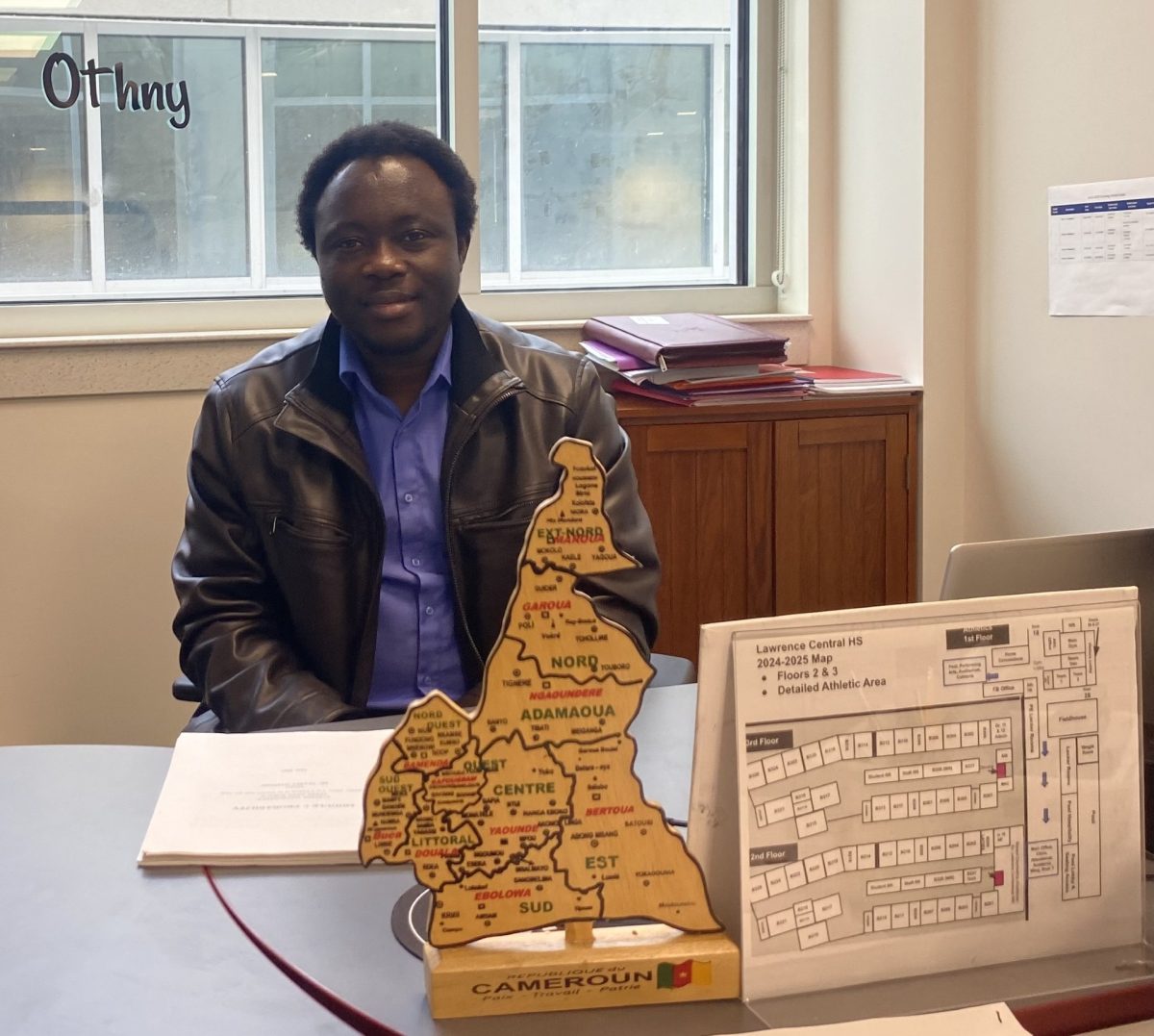A big decision teens make is deciding when to join the workforce, especially when having to manage attending school, homework, extracurricular activities, and their social lives. Some students achieve their learning goals easily, while others find it difficult to get good grades. Some students do very little work outside of the classroom, while others engage in many extracurricular activities outside of regular school hours.
To strike a good balance between work and study, it is necessary to consider your needs and the time you have to spend on work without interfering with schoolwork, homework, and free time. Students can calculate how much time they spend on homework and extracurricular activities and decide how much extra work they have to do in a given week. With this target number, you can find a job with manageable working hours.
Makynna Powell, a Senior at Lawrence Central, has been working since her freshman year. Powell’s in the show choir and is pursuing her Core 40 Diploma. She thinks that working has helped

her build her stress management skills.
Powell explained that a big factor in her being able to manage her job and school was choosing her classes wisely. “Managing school is, like, a lot harder for me than it is for other people, so it’s also why I’m just getting a Core 40.” As well as having good communication with her employer. “I just let them know, I’m going to be busy during that time. ” [show choir season.]
Choosing a job you enjoy is also an important part of working. Especially as a student keeping in mind what your schedule will look like and how lenient the job is with you calling off to attend events, tutoring, or simply just needing extra time with assignments. After working a couple of different jobs, Powell suggested apps like Indeed to easily find and apply for jobs. As well as not shying away from asking at the place of business if they’re hiring.
Powell’s advice when interviewing for a job is to show up on time because “First impressions are everything… People are going to judge you based on how you look, and how you present yourself.” As far as attire “no ripped jeans, come dressed professionally, look like you’re serious. Whether it’s a serious job or not.”
During the interview, “When you’re answering questions–don’t just answer the question…expand, and always bring it back to you.” This way the interviewer gets to know you better and you have an opportunity to present the reason you are qualified for the job. “Think of it as a persuasive essay… if you can persuade your interviewer to hire you, that’s just what you have to do.”
As far as finding a reason to work, it can be as simple as just wanting to experience what it is like to have your own money. Through this experience, you can learn responsibility and financial intelligence. From experience Powell shares that although her family is financially stable she wanted to be able to work for her things. “I’m just a teenage girl, bro. I just want to get my silly little Starbucks drinks whenever I wanna. I just wanted to have my own money; I wanted to be responsible.” She also believes that working for your things gives you a greater sense of appreciation. “When you make your own money you appreciate your things more. The things you buy with your own money are a lot more valuable to you because you bought them.” Powell continues, “You’re young, at the end of the day when it comes to jobs it’s really about getting as much experience as you can.”







